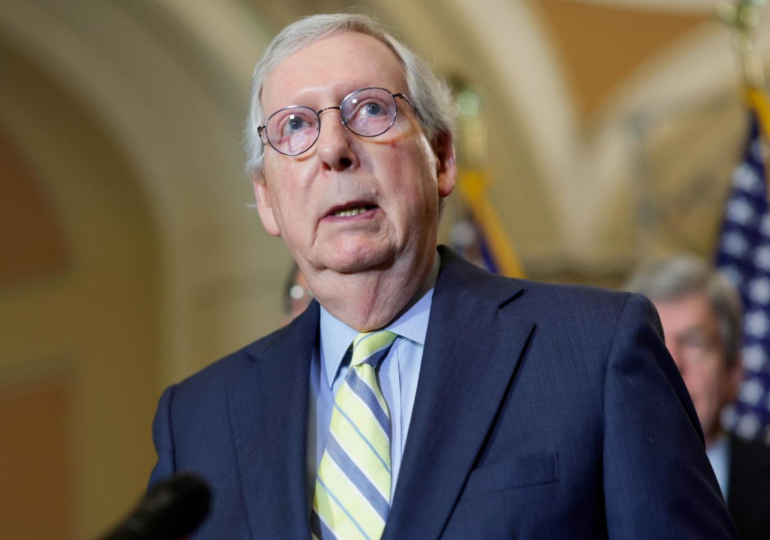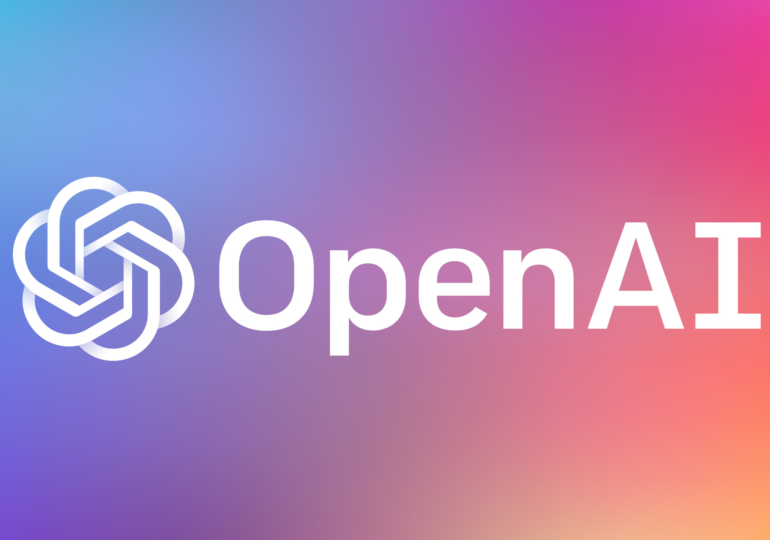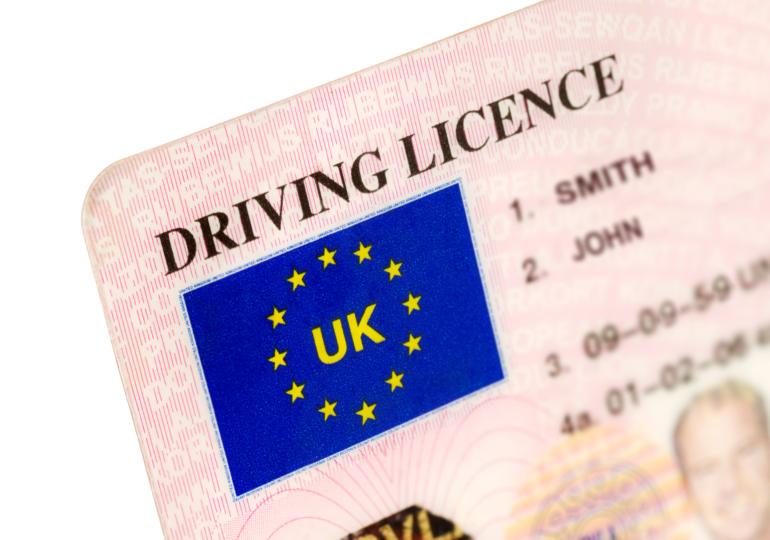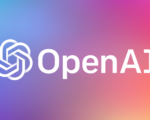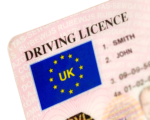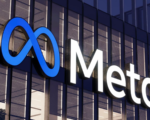Alternative browsers experience a surge in usage following the EU’s DMA choice screen mandate

The Digital Markets Act (DMA), a flagship regulation introduced by the European Union to foster competition in the digital market, appears to be reshaping the landscape of the mobile browser market. Since its application a little over a month ago, there are early indications that the DMA is prompting phone makers to display browser choice screens to users, potentially boosting competition and benefiting smaller browser providers.
Reports from Cyprus-based web browser Aloha and others suggest that the DMA is stirring up competition and helping smaller browser makers gain market share or increased visibility. However, it’s still early days for DMA implementation, and the rollout of choice screens is still ongoing, with many EU users yet to encounter them. While Aloha, Brave, Opera, and Vivaldi have reported positive outcomes, other browser makers such as DuckDuckGo and Firefox have stated that it’s too early to assess the regulation’s impact.
16 alternative browser makers, as well as Apple and Google, for insights. However, both Apple and Google did not respond to inquiries regarding any changes in regional usage of their browsers since the implementation of choice screens.

The European Commission, responsible for enforcing the DMA, declined to share specific data on the regulation’s impact. Nevertheless, the growing attention to alternative browsers following the DMA’s compliance deadline suggests a potential shift in the competitive dynamics of the mobile browser market in the EU.



